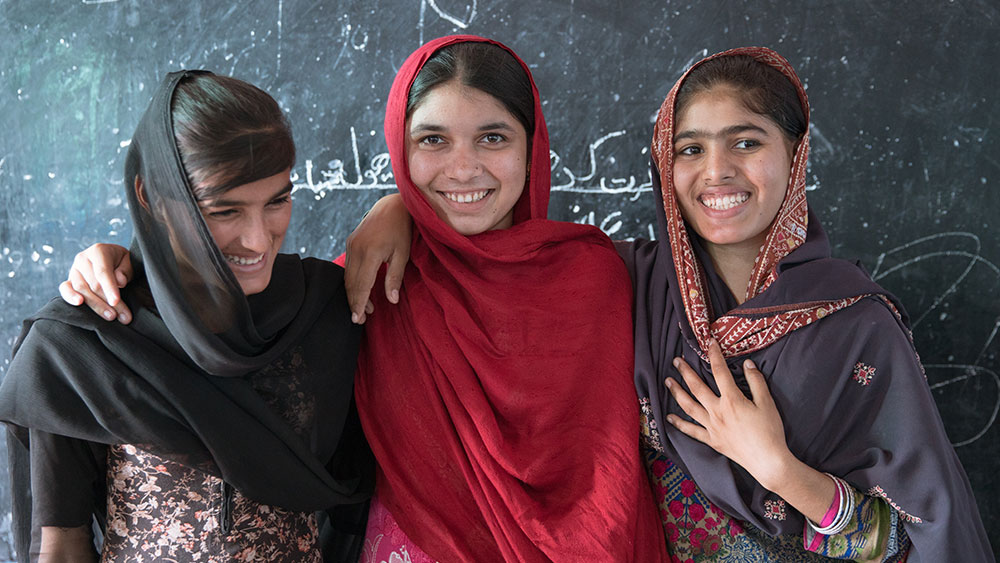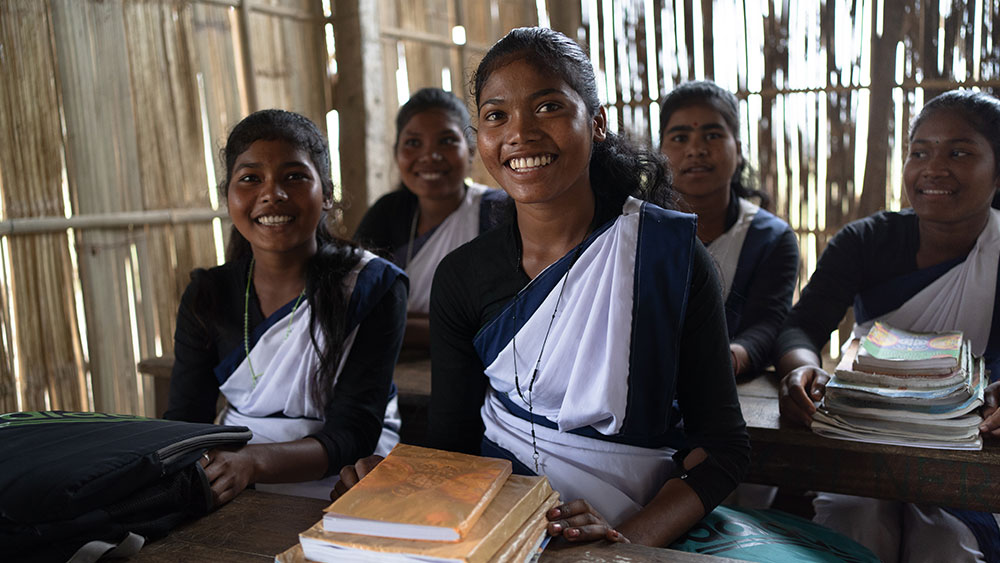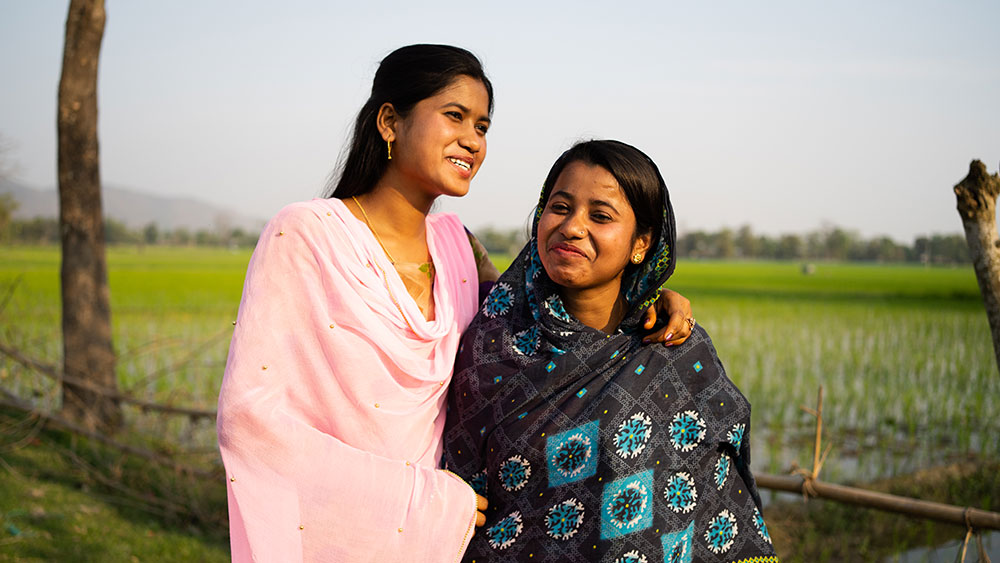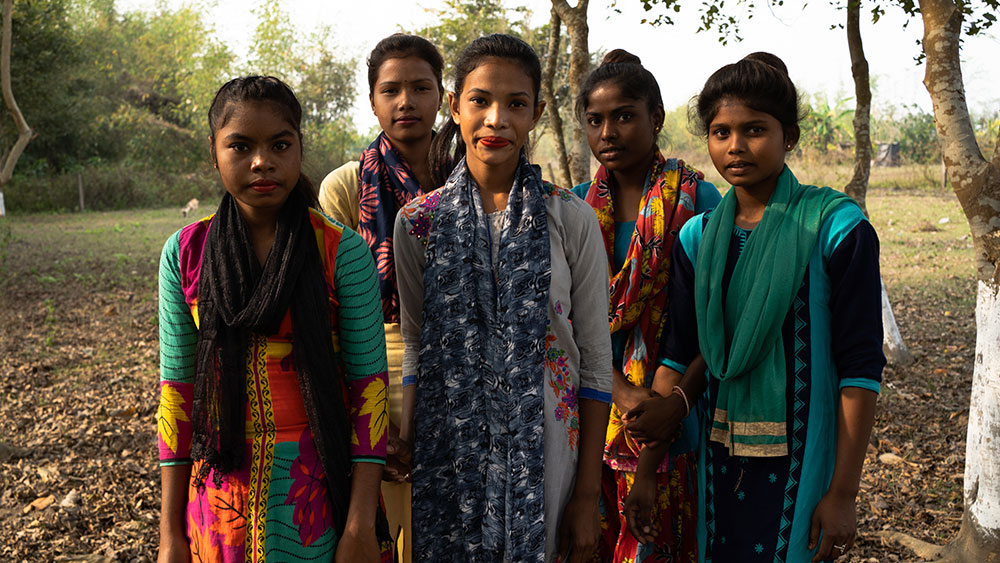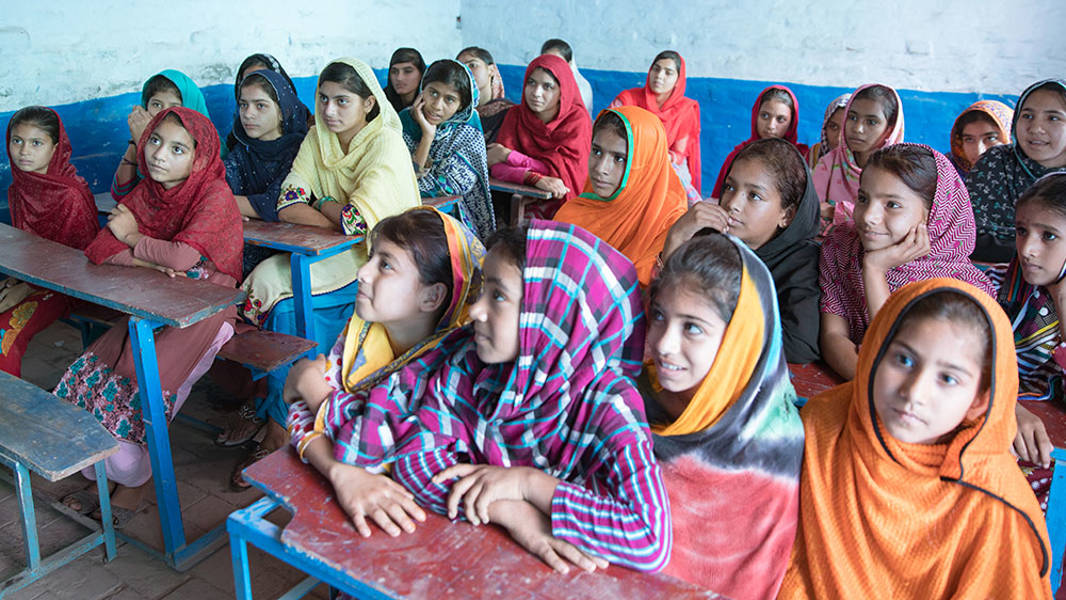
The Day of the Girl finds partners like Malala Fund working to ensure equal access to education
One of the most important resources we have in countering these challenges and unlocking these opportunities is education. As part of its global grantmaking mission, the Stavros Niarchos Foundation (SNF) proudly supports efforts by organizations like Malala Fund that help enable girls to access quality, empowering education.
Malala Fund works to ensure that all girls are able to receive quality education that is safe and free for at least 12 years. This work became all the more essential during the COVID-19 pandemic, which the organization predicts may ultimately lead to 20 million additional girls missing out on the benefits of secondary education. The effects of even a brief stint of missed classes, they worry, will multiply down the road.
With support from SNF, Malala Fund was able to help three organizations in India and Pakistan adapt to the ongoing crisis and persevere in delivering education to girls amidst a surge of COVID-19 cases across South Asia.
In India, the Centre for Social Equality and Inclusion is helping more than a thousand Dalit and Muslim girls access learning opportunities while also creating a cohort of young leaders who can advocate for educational equality. Right to Education Forum has distributed learning kits across 30 villages in the Hamirpur district of the state of Uttar Pradesh, is running 10 learning centers that cover math and language topics and give girls a place to connect with one another, and conducting home visits to help girls stay safe and stay in school.
In Pakistan, Idara‐e‐Taleem‐o‐Aagahi is helping the most marginalized girls in South Punjab catch up on learning they missed because of the pandemic and building schools’ capacity to deliver safe, gender-responsive education. The organization has also distributed tablets and school hygiene kits, which include items from facemasks to menstruation products, and has convened events to connect stakeholders in education policy.
Another recent SNF grant supported CAMFED’s work in Zambia to help ensure that girls, particularly in rural areas, are able to access their education and the opportunities it leads to and are not derailed by child marriage or early pregnancy. Both grants are part of the Foundation’s work to help children at risk of exclusion—of whom girls form a critical category—access education.
